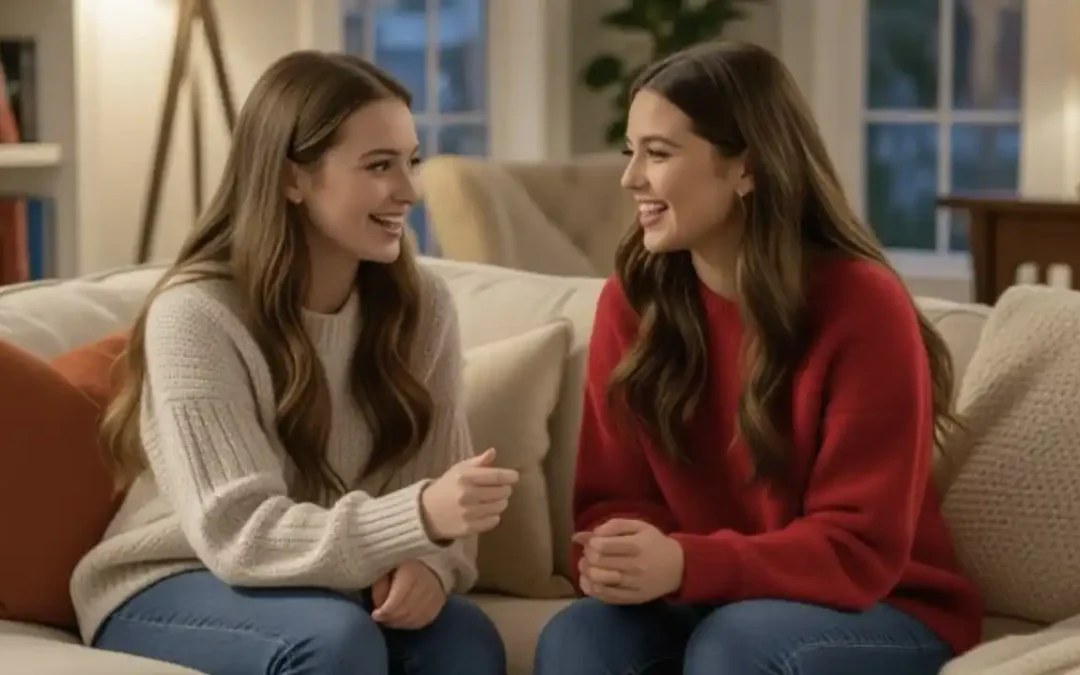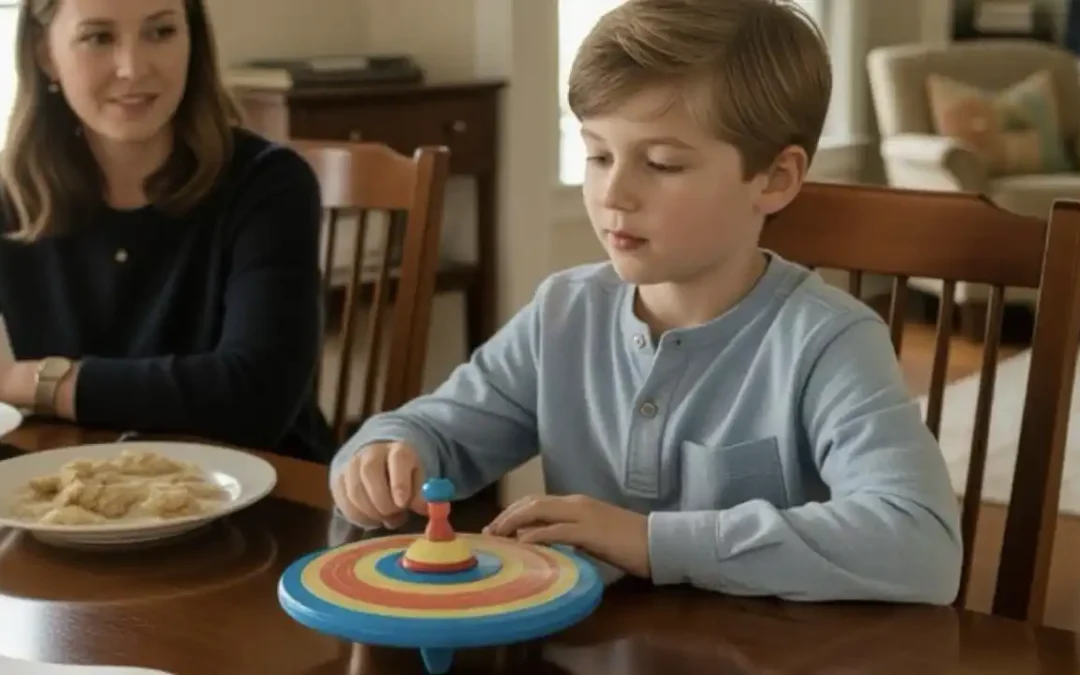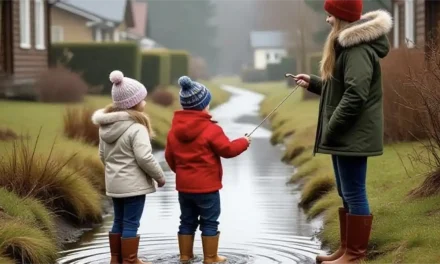
Cherishing Questions: Honor Their Asking
K
ids don’t always know how to ask big questions. They start small, circling a thought with curiosity or contradiction. If we brush it off—“You’ll understand when you’re older”—they learn to hide those questions or stop asking altogether. But when we honor even their half-formed inquiries, we show them that seeking matters. In Paris cafés, philosophers gathered not just to argue, but to ask aloud what others hadn’t dared to name. Invite that spirit home. When your child asks something hard, ask them back, “What made you wonder that?” You’re not just answering—you’re opening the door wider.
One morning over breakfast, my daughter asked, “Why do some people lie to be kind?” I almost gave her a neat answer, then stopped. “What do you think?” I asked. She frowned, then said, “Maybe they think the truth will hurt more.” We sat with that. She didn’t need me to solve it—she needed me to stay curious with her. A week later, she brought it up again, this time with an example from a story. Her question hadn’t faded. It had deepened. That moment reminded me: when kids raise hard questions, they’re often ready to wrestle with the answers.
Look for those moments when a question lingers—at bedtime, after a show, in the car. When they ask something honest, don’t pivot away. Sit with it, even if the answer feels murky. You don’t need to know everything. You just need to help them follow the thread. Let the conversation stretch. Even if they drop the question mid-thought, you’ve shown them it was worth voicing. That’s what it means to honor asking: not to fill the silence, but to stay with the wonder.
Cherishing Questions

Cherishing Questions: Connect with Others
Friendships shape emotional growth. Help children develop meaningful connections that teach empathy, communication, and collaboration.

Cherishing Questions: Explore as Partners
Learn alongside your child. Shared exploration strengthens trust, curiosity, and emotional connection through meaningful experiences.

Cherishing Questions: Invite Their Whys
Welcome every child’s “why?” as a doorway to deeper thought. Encouraging questions nurtures curiosity, critical thinking, and joyful learning.
Table of contents

Primordial Soup for the Mind: Navigation
Navigate the book Primordial Soup for the Mind.
TIPS
- Let their questions linger before answering.
- Write down their best questions—not just the answers.
- Ask what sparked the question—they might not know, but it gets them thinking.
ACTIVITIES
- Question Jar: Write their questions on slips of paper for review and reflection—15 min
- One Wonder a Day: Record one curiosity together in a shared notebook—10 min
- Reverse Answer: Offer a fact and ask, “What could the question be?”—10 min
EXAMPLE
My daughter asked, “What if sound had color?” We sat with it. The next day, she painted a scream.

Download “Primordial Soup for the Mind: A Parent’s Guide to Nurturing Intellectual Growth”
Enter your information to get this article and hundreds more as part of the FREE book Primordial Soup for the Mind.
Share your thoughts with the Thought Academy community in the Comments section below.

Sharpen those skills!
Enter your information to get our FREE practice exercises so you can hone your critical thinking and reasoning skills!







0 Comments